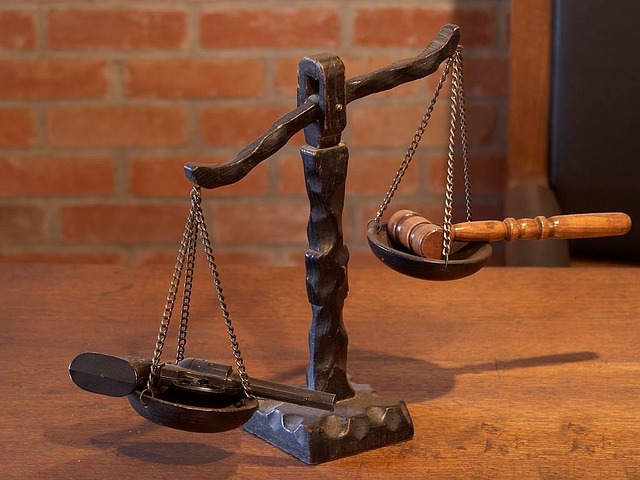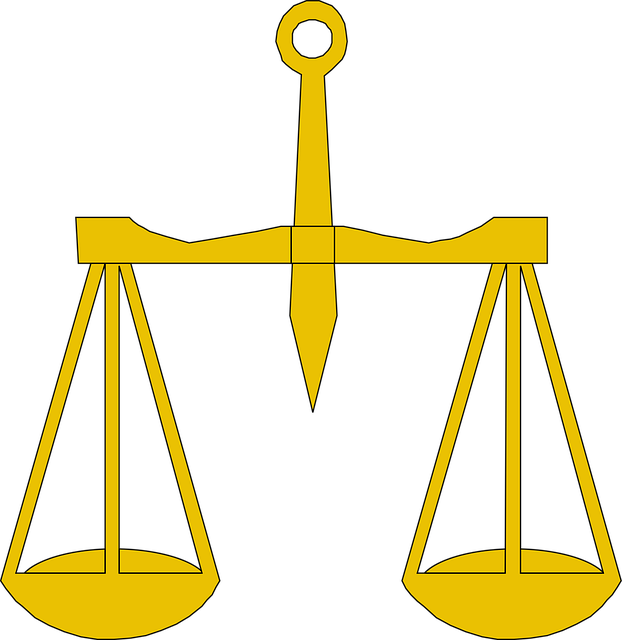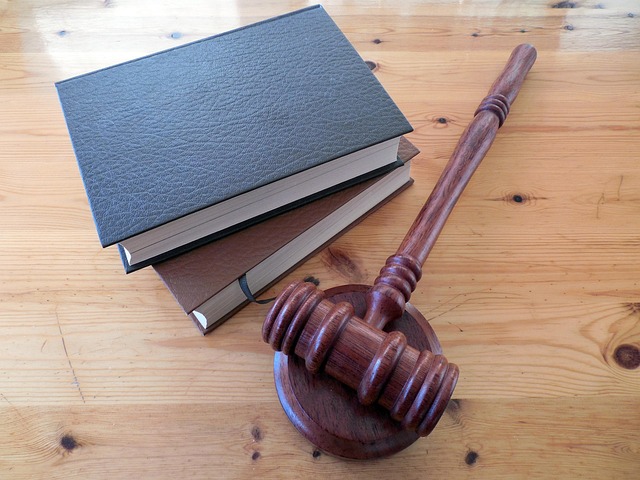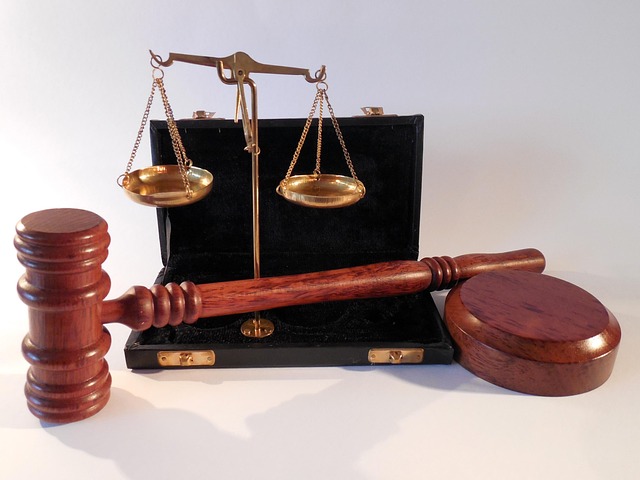Antitrust laws protect fair competition and consumers from practices like price fixing and monopolization. Violations lead to Consumer Fraud Class Action Lawsuits, where specialized attorneys guide clients through complex legal processes. These lawsuits involve meticulous investigations into business operations, financial records, and consumer interactions to uncover fraud. White-collar defense strategies challenge evidence and procedural errors. Successful outcomes secure favorable verdicts, holding businesses accountable without unjust penalties. These lawsuits empower harmed individuals to collectively hold wrongdoers accountable, leading to substantial financial recoveries and deterring future misconduct. The process begins with an initial complaint, triggering investigations where both sides present evidence, potentially resulting in settlements or dismissals. Preventing antitrust violations requires collaboration between regulatory bodies, legal professionals, and businesses through enhanced transparency and compliance programs.
“Uncover the intricate world of antitrust violation cases, where competition meets consumer protection. This comprehensive guide explores the multifaceted aspects of these legal battles, from the foundational principles of antitrust laws to their practical applications in identifying consumer fraud. We delve into the power of class action lawsuits as a collective force against market manipulation and examine the step-by-step legal process. Additionally, discover strategic prevention methods for businesses to ensure fair practices, fostering a competitive marketplace free from deceptive schemes.”
- Understanding Antitrust Laws and Their Purpose
- Identifying Consumer Fraud in Market Practices
- The Role of Class Action in Antitrust Violations
- Legal Process: From Complaint to Settlement
- Impact and Prevention Strategies for Businesses
Understanding Antitrust Laws and Their Purpose

Antitrust laws are designed to promote fair competition among businesses, ensuring no single entity dominates a market to the detriment of consumers. These laws aim to prevent anti-competitive practices such as price fixing, market division, and monopolization, which can lead to higher prices, reduced choices, and limited innovation. Understanding these regulations is crucial in identifying potential violations, especially in cases where businesses engage in consumer fraud or conduct that could be construed as anti-competitive behavior. The process often involves a Consumer Fraud Class Action Lawsuit, where affected individuals band together to hold perpetrators accountable, seeking damages and restitution for the harm caused by antitrust violations.
In navigating these legal complexities, an attorney specializing in antitrust law plays a pivotal role. They guide clients through the intricate web of regulations, ensuring their rights are protected. Whether it’s advocating for his clients before regulatory bodies or pursuing jury trials, these legal experts use their knowledge and skills to foster fairness and accountability within the marketplace, addressing issues that impact both the philanthropic and political communities.
Identifying Consumer Fraud in Market Practices

Identifying consumer fraud in market practices is a critical aspect of antitrust violation cases, often leading to significant legal implications. When businesses engage in deceptive strategies aimed at misleading consumers, it not only distorts fair competition but also harms individual buyers. Consumer fraud can manifest in various forms, from misrepresenting product qualities to price-fixing schemes, all of which are closely scrutinized during the Consumer Fraud Class Action Lawsuit Process. This process involves meticulous investigation into business operations, financial records, and consumer interactions to uncover illegal practices.
The white collar defense strategy plays a pivotal role in navigating all stages of the investigative and enforcement process. Skilled attorneys focus on challenging the evidence presented, questioning the methodology used by investigators, and highlighting procedural errors. By employing robust legal arguments and leveraging their expertise, they aim to secure winning challenging defense verdicts, ensuring that businesses are held accountable without unjustly penalizing them.
The Role of Class Action in Antitrust Violations

In cases of antitrust violations, where corporations engage in practices that harm consumers and stifle competition, class action suits play a pivotal role. This legal mechanism empowers a group of individuals who have suffered similar losses to join forces and hold wrongdoers accountable. A consumer fraud class action lawsuit process allows for collective action, ensuring that corporate misconduct doesn’t go unpunished. By consolidating claims, class actions can result in significant financial recoveries for affected consumers, serving as a powerful deterrent against future antitrust violations.
These lawsuits are particularly effective in addressing harm caused by anti-competitive behaviors such as price fixing, market division, and monopolization. Across the country, numerous corporate and individual clients have benefited from class action litigation, recovering damages and gaining justice. The process involves meticulous legal strategies to aggregate evidence, establish liability, and calculate fair compensation for each member of the affected class.
Legal Process: From Complaint to Settlement

The legal process surrounding antitrust violation cases, including those involving consumer fraud and class action lawsuits, is a meticulous and structured journey. It begins with an initial complaint filed by an aggrieved party or regulatory authority, alleging violations of antitrust laws. This complaint sets in motion a series of events that can lead to significant consequences for the respective business. The accused company is served legal papers, prompting a thorough investigation into the alleged misconduct.
During this process, both parties gather and present evidence, argue their cases, and engage in negotiations. If the defendant’s actions are deemed unethical or illegal, a settlement may be reached, offering victims restitution or compensatory relief. Alternatively, if the white-collar defense is robust and the allegations unsubstantiated, the charges could be dismissed entirely, leading to complete freedom for the business and its leaders.
Impact and Prevention Strategies for Businesses

Antitrust violations can have a profound impact on businesses, consumers, and even the broader society. When companies engage in anti-competitive practices like price fixing or market division, it often leads to higher consumer prices, reduced product quality, and limited choice for buyers. This can result in significant financial losses for corporate and individual clients alike, not to mention potential harm to the competitive landscape.
Preventing such cases is a collective effort involving regulatory bodies, legal professionals, and businesses themselves. One effective strategy is enhanced transparency through regular reporting of business practices, which allows for public scrutiny and discourages anti-competitive behaviors. Additionally, companies can foster a culture of ethical conduct by integrating compliance programs that educate employees on antitrust laws and promote philanthropic and political communities’ involvement in policy discussions. Involving stakeholders from diverse sectors helps create robust regulations that deter potential violators through the threat of high-profile Consumer Fraud Class Action Lawsuits and subsequent jury trials.
Antitrust violation cases, often involving consumer fraud, underscore the importance of fair market practices. Understanding these laws, identifying fraudulent behaviors, and recognizing the power of class action lawsuits are key steps in ensuring a level playing field for consumers and businesses alike. The legal process, from complaint to settlement, serves as a deterrent and a means to compensate affected parties. By adopting robust prevention strategies, businesses can mitigate risks and contribute to a more transparent and competitive marketplace, ultimately safeguarding consumers from exploitative practices through effective enforcement of antitrust laws.






